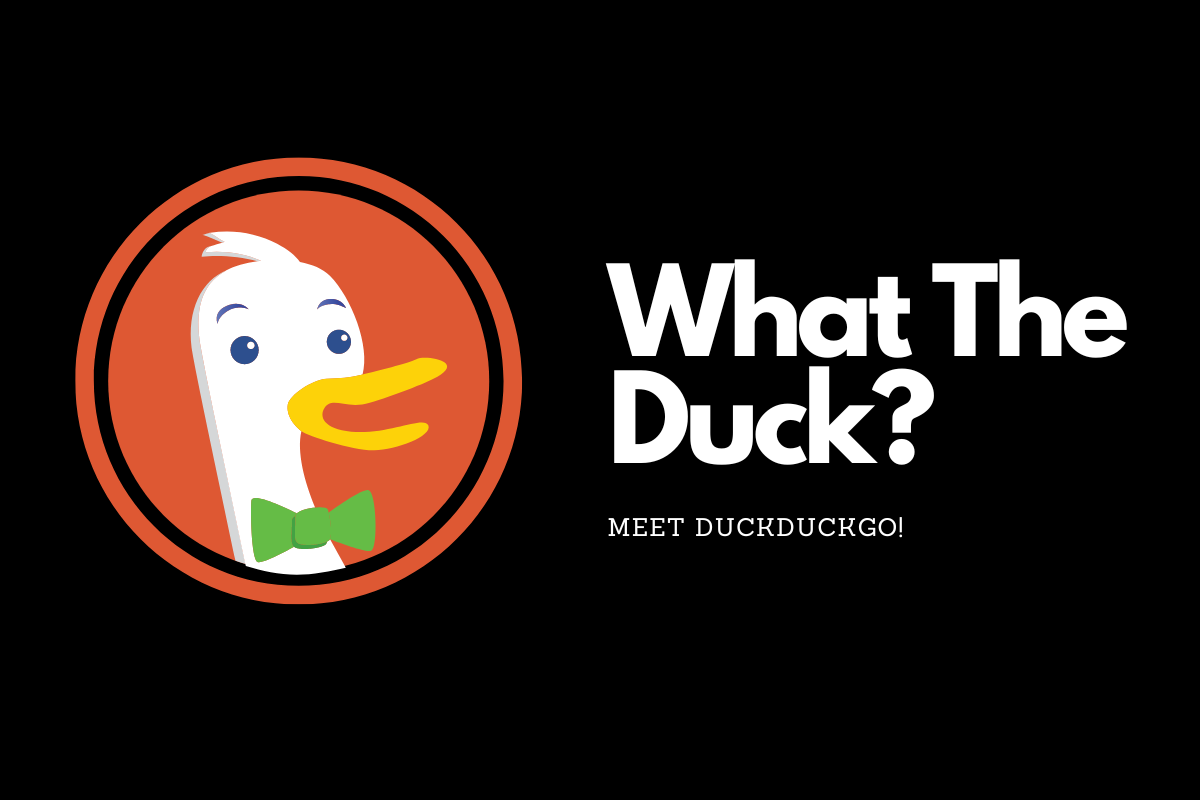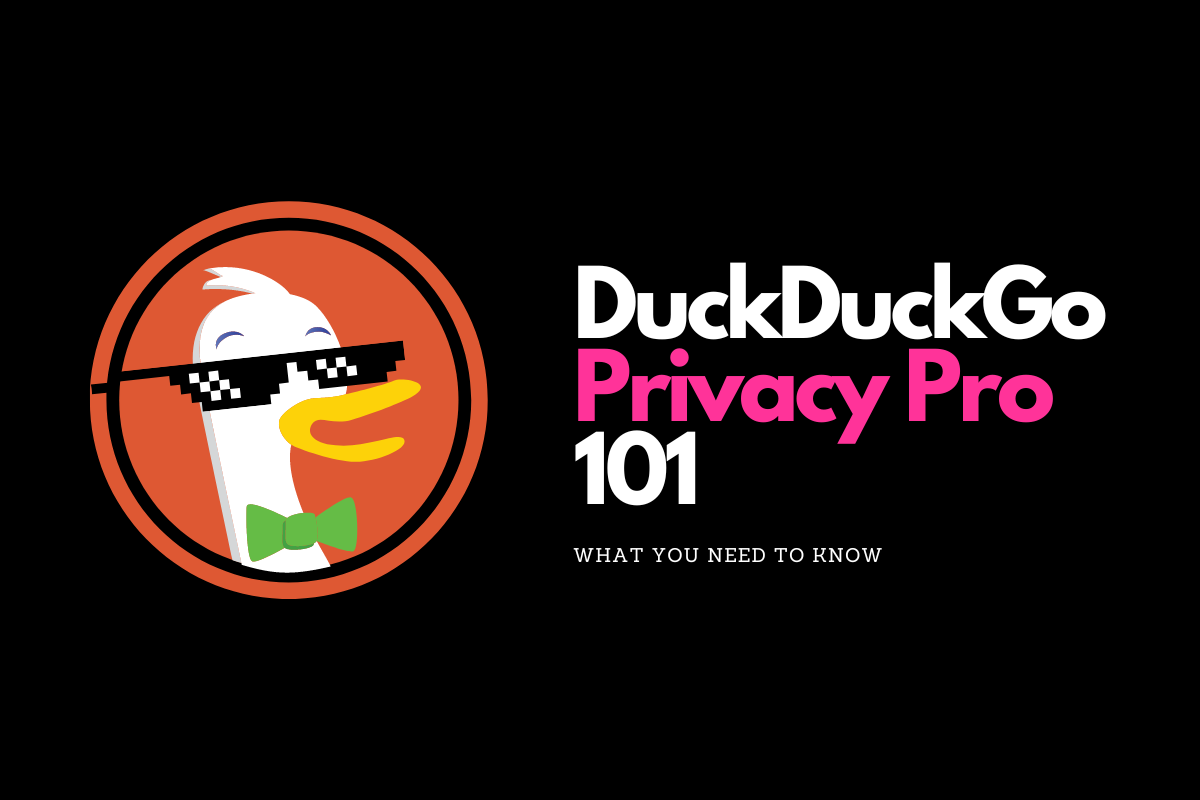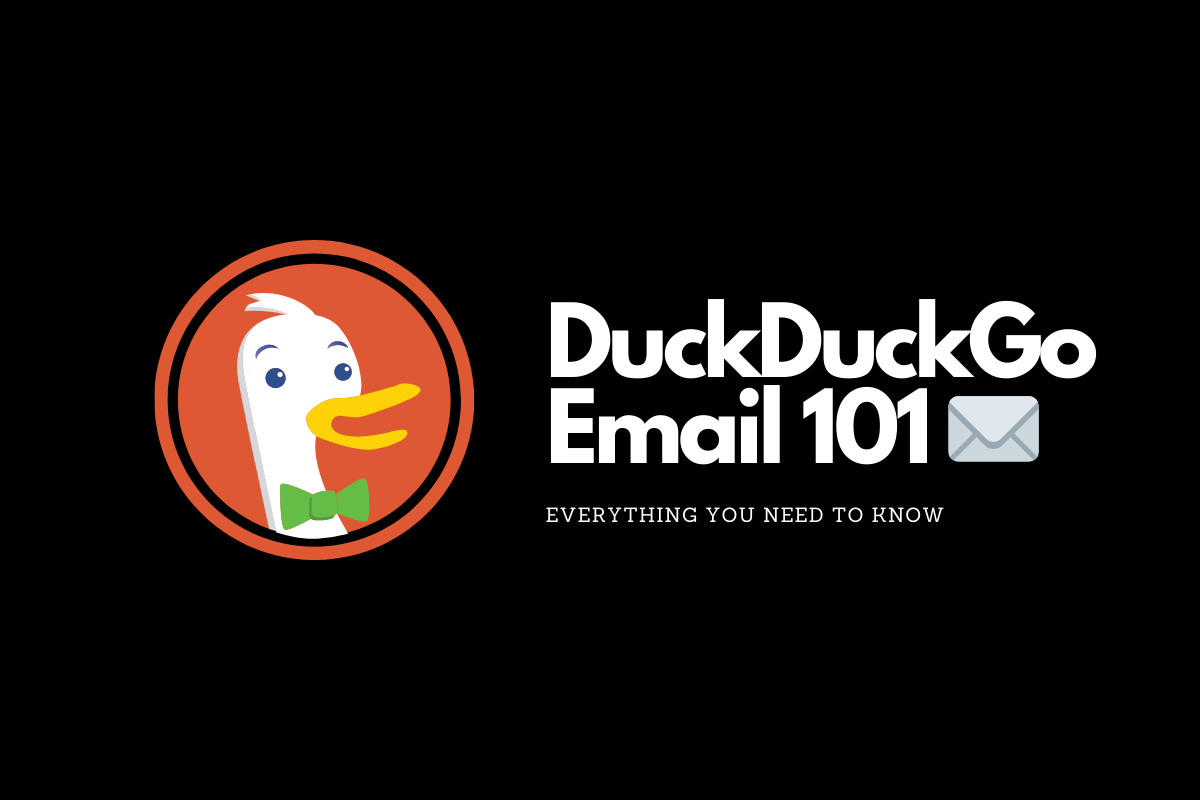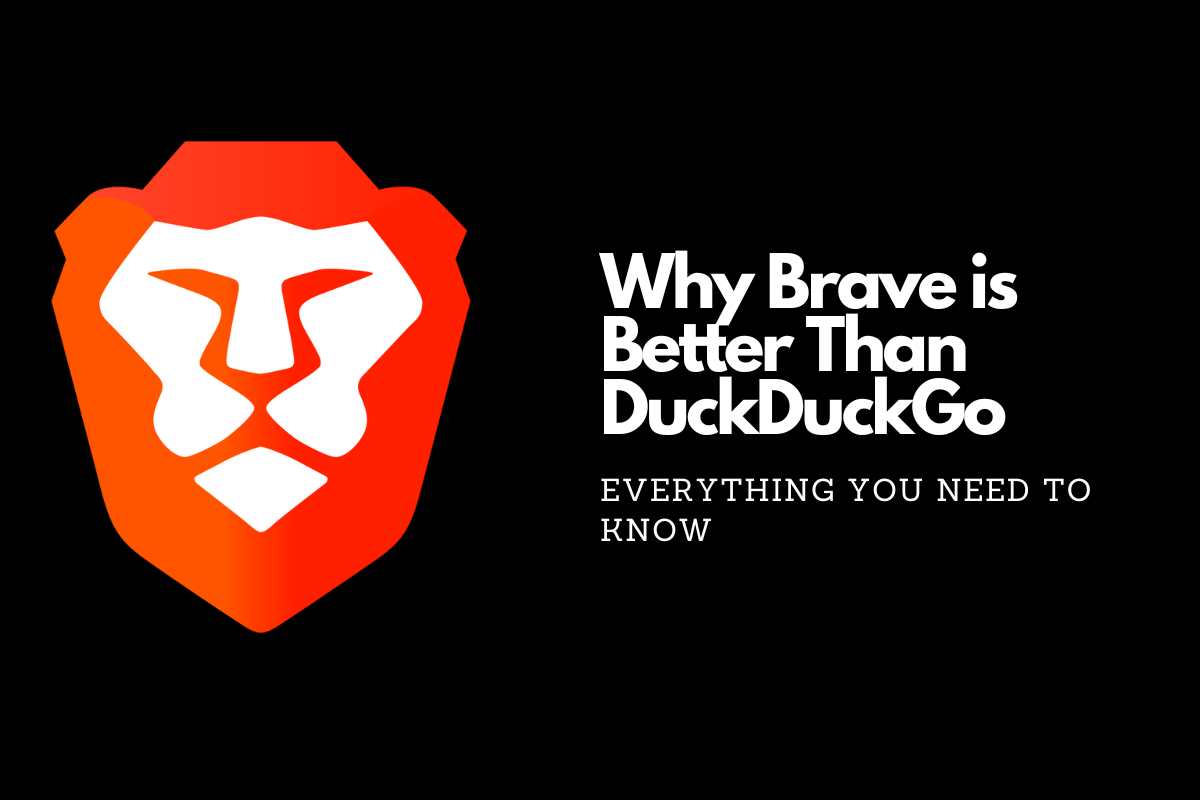DuckDuckGo Stats: Market Share, Usage & Growth Metrics

DuckDuckGo might not be a household name like Google or Bing, but if you care about privacy, it should be on your radar.
It’s grown into one of the most trusted tools for people who want to search the web without being tracked.
And while it still holds a relatively small slice of the search engine market, its user base, growth trajectory, and mobile adoption tell a different story — one that shows a rising demand for tools that put privacy first.
Let’s break down the numbers — and why DuckDuckGo might deserve a bigger place in your digital life.
DuckDuckGo’s Market Share: Small, But Growing Where It Counts
- Global Market Share (2025): 0.71%
Still a niche player compared to Google (~90%), but solidly positioned as the fifth most popular search engine worldwide. - U.S. Market Share (Mobile): 2.11%
More telling: DuckDuckGo is now the second most-used mobile search engine in the U.S., showing strong momentum in markets where privacy is a growing concern.
What It Means: While Google still dominates, more people are actively looking for alternatives — and DuckDuckGo is often their first stop.
How Many People Actually Use DuckDuckGo?
- Daily Searches (2025): Roughly 100 million
While daily volume has dipped slightly from a 110 million peak in January 2025, usage still far exceeds where it was just a few years ago. - Historical Growth Highlights:
- 2013: 4 million daily searches
- 2015: 10 million daily searches
- 2017: 20 million daily searches
- 2022: Over 100 million daily searches on average
Trend Insight: Even with occasional dips, the long-term growth is undeniable — especially given DuckDuckGo doesn’t rely on personalized data to boost engagement.
Who Uses DuckDuckGo? Demographics & Behavior
- Geographic Breakdown:
- 49% of users are U.S.-based, making the U.S. its strongest market by far.
- Growth in Europe is slower, but privacy laws like GDPR could drive future adoption.
- User Demographics:
- 73.3% male, nearly half are under 34 years old
- Top interests: News and Adult content — which makes sense for people seeking more private browsing experiences
Mobile Growth Is Where Things Get Interesting
DuckDuckGo’s browser and search apps are seeing strong mobile traction, according to its data:
- 6 million+ downloads per month
- Available on iOS, Android, plus browser extensions for desktop users
Why It Matters: Privacy isn’t just for desktop anymore — users want on-the-go protection, and DuckDuckGo is delivering it.
DuckDuckGo vs Google Market Share
| 🌐 Browser | 📊 Market Share (February 2025) |
|---|---|
| 🔵 Google Chrome | 63.55% |
| 🍎 Safari | 21.81% |
| 🪟 Microsoft Edge | 5.62% |
| 📱 Samsung Internet | 3.44% |
| 🦊 Firefox | 2.26% |
| 🦁 Brave | 1% |
| 🦆 DuckDuckGo | 0.53% |
Learn More About DuckDuckGo
How Does DuckDuckGo Make Money (Without Selling Your Data)?

DuckDuckGo’s business model is built around non-invasive, non-personalized ads — meaning:
- No user tracking
- No personalized ad profiles
- Ads are based purely on search keywords, not your browsing history
- Annual Revenue: Over $100 million
- Company Valuation (2025): Estimated at $901 million
Bottom Line: DuckDuckGo proves it’s possible to run a successful business without selling your users out.
Strengths & Challenges: What’s Holding It Back — and What’s Working
✅ What DuckDuckGo Does Well:
- Privacy-First Model: No search history tracking, no user profiling
- Transparent Algorithms: Results pulled from over 400 sources (Bing, Yandex, Wikipedia, etc.)
- Simple, Clean UI: Fast, clutter-free, easy to use
- Now Includes Privacy Pro: A premium privacy suite with a VPN, data broker removal, and identity theft restoration
❌ Where It Still Struggles:
- Google’s Market Dominance: Makes it tough to gain mainstream traction
- Revenue Model Pressure: Still ad-supported — some users question how long it can stay ad-light
- User Retention: Slight dips in usage suggest the need for new features or better engagement
So, Is DuckDuckGo Worth Using?
Absolutely — especially if you’re even slightly concerned about how much data Google is collecting on you.
It may not have Google’s AI-powered search results, but it offers something far more valuable: privacy by default.
Even if you’re not ready to ditch Google completely, setting DuckDuckGo as your default search engine is a low-effort, high-impact way to improve your digital privacy.
Pro Tip: Combine DuckDuckGo with a solid VPN (we recommend Proton VPN) for even stronger protection.
Key Takeaways
- DuckDuckGo is small in market share, but big in privacy value.
- Usage has grown massively over the past decade, especially on mobile.
- It’s a solid Google alternative for anyone who wants to reduce personal data exposure.
- With Privacy Pro, it’s evolving into a full privacy toolset — not just a search engine.
FAQs
Is DuckDuckGo really private?
Yes. It doesn’t track you, doesn’t log your IP, and doesn’t store your search history.
Is DuckDuckGo as good as Google?
For most searches, yes. For very specific queries, Google still has an edge — but it comes at the cost of your data.
Does DuckDuckGo make money?
Yes — through non-tracking ads based only on keywords, not user profiles.
Is DuckDuckGo free?
Yes. The core search engine is 100% free. Privacy Pro (VPN + extras) is a paid upgrade.
👉 Want More Smart, No-Nonsense Tech Insights Like This?
Subscribe to our newsletter – The I/O – and get expert tech guides, phone buying tips, and the latest mobile news straight to your inbox.









